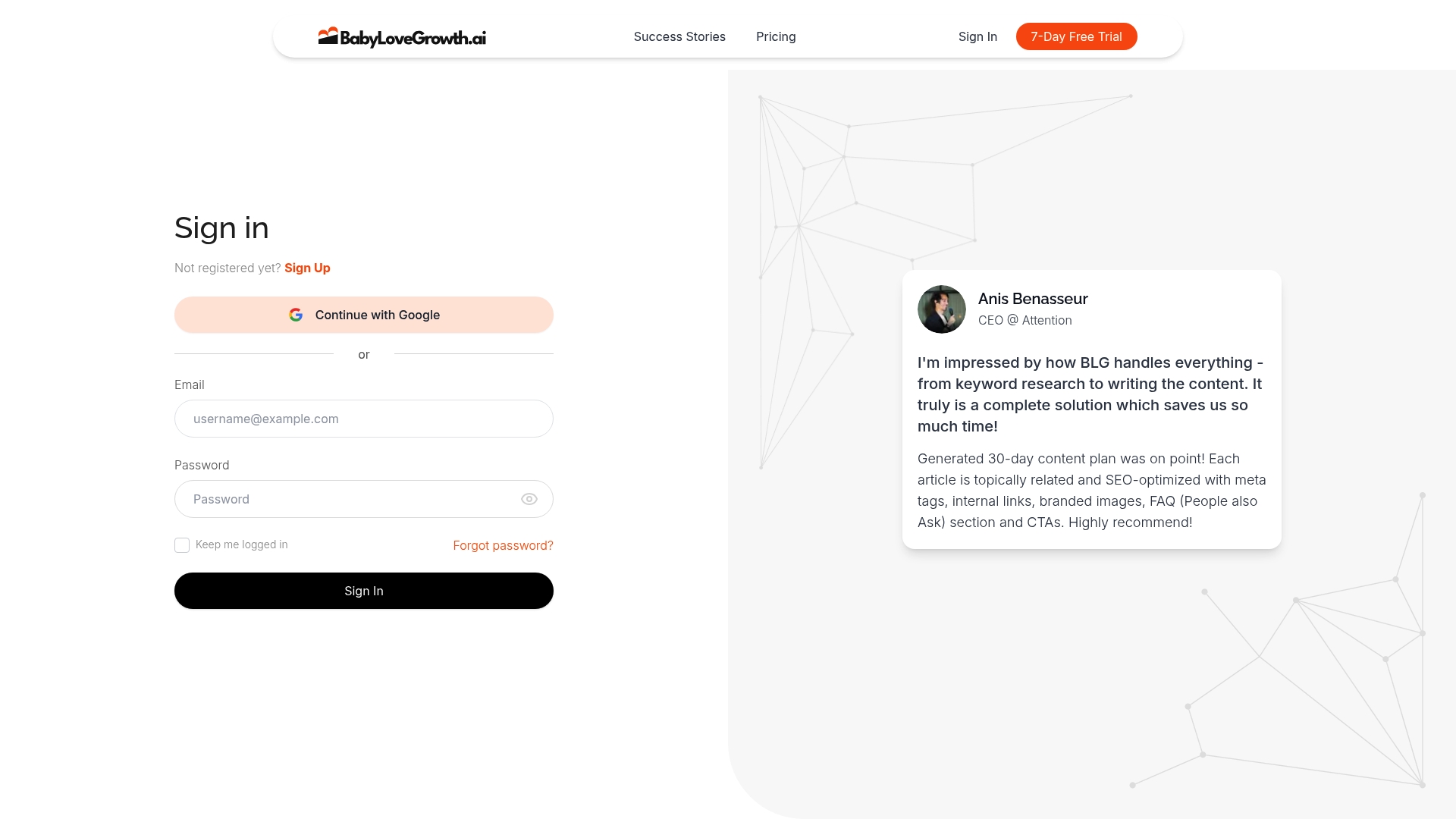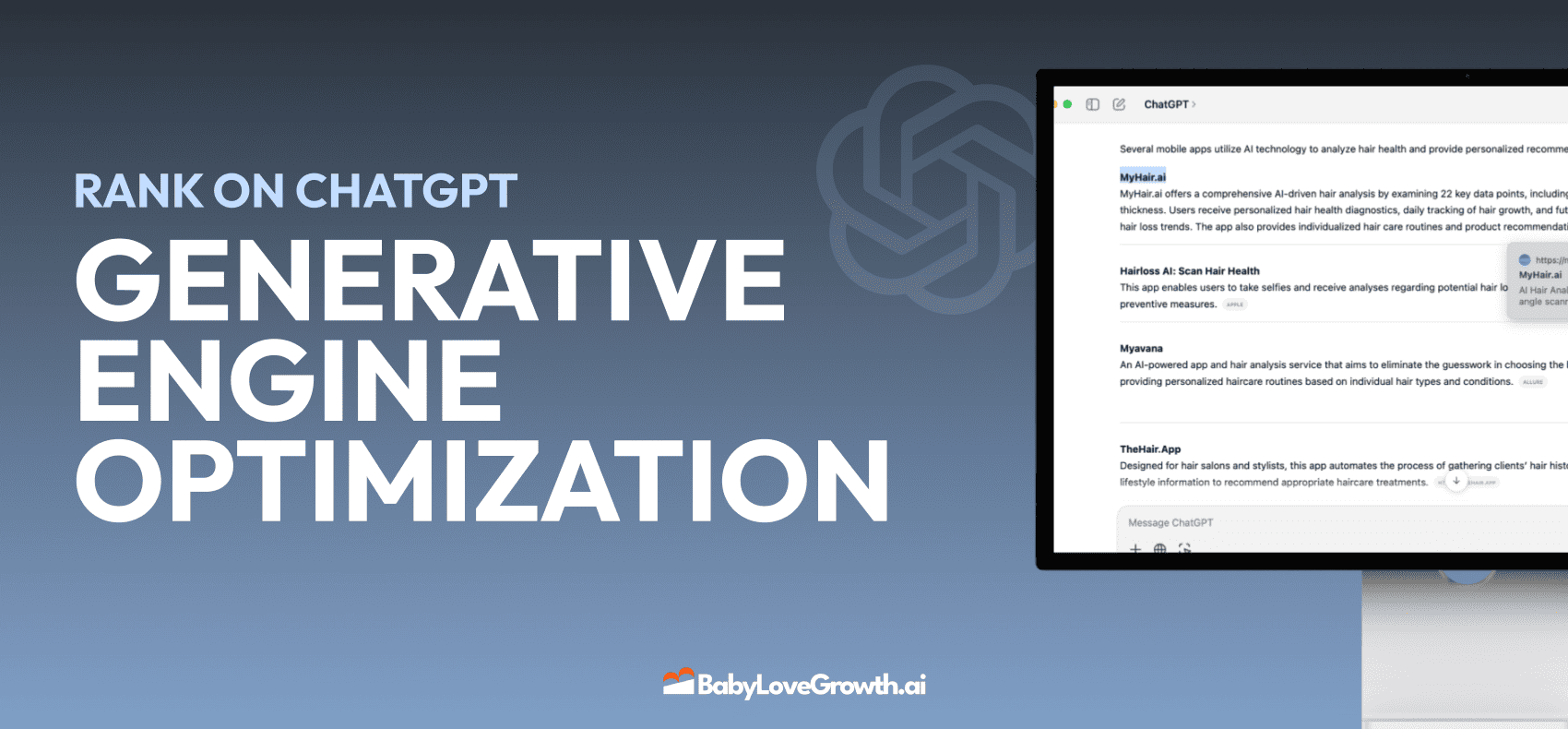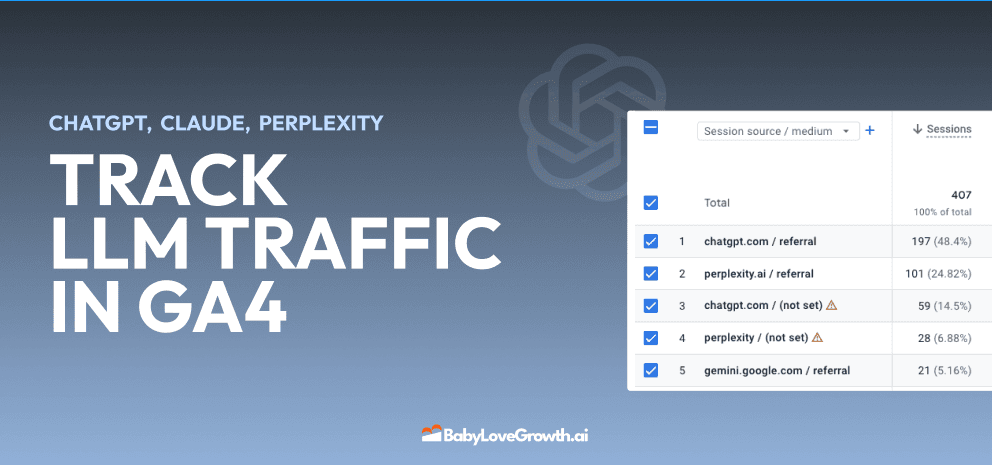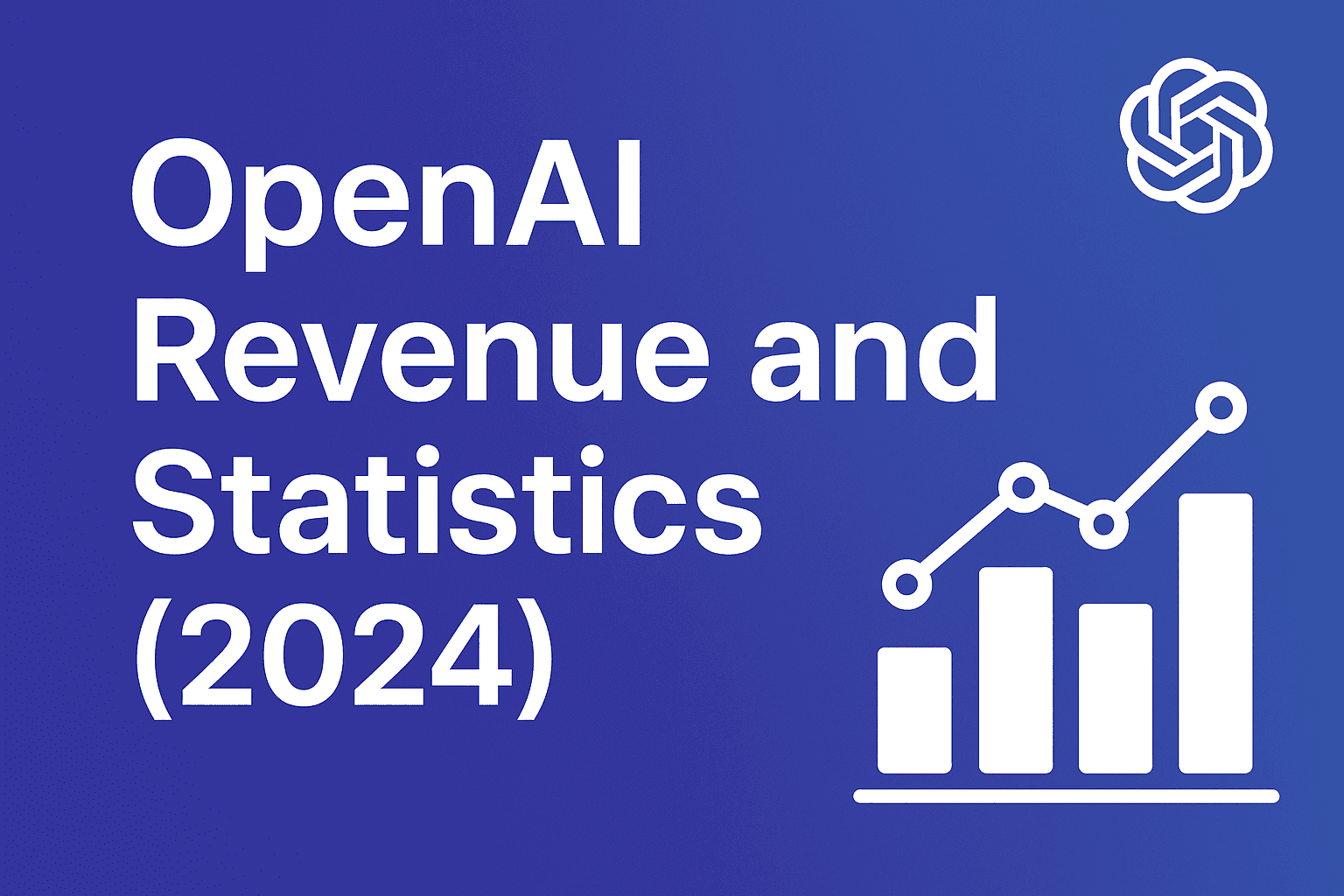Master Page Ranking Meaning: Easy SEO Tips for Success


Page ranking is at the heart of how search engines deliver relevant results to users. It determines which pages appear at the top of search results, ultimately impacting website visibility. Did you know that Google's PageRank algorithm, established in 1998, revolutionized the way we search online? But hold on. PageRank is just one piece of the puzzle. Today, modern algorithms consider hundreds of factors, making it essential to adapt your strategy for success.

Page Ranking Meaning Clearly Explained
Page ranking refers to the algorithmic process search engines use to determine the position and importance of web pages in search results. At its core, page ranking is how search engines like Google decide which pages deserve to be shown first when someone searches for information online. Understanding page ranking meaning is fundamental for anyone looking to improve their website's visibility in search results.
The Foundation of Search Engine Rankings
When you type a query into Google, the search engine doesn't randomly decide which pages to show you first. Instead, it uses sophisticated algorithms to evaluate and rank billions of web pages based on their relevance and importance. The concept of page ranking was revolutionized by Google's PageRank algorithm, introduced by Larry Page and Sergey Brin in 1998. This algorithm fundamentally changed how search engines worked by incorporating an importance score that was independent of specific user queries according to research published in ArXiv.
Prior to PageRank, search engines primarily relied on keyword matching—essentially counting how many times a search term appeared on a page. This method was easily manipulated and often resulted in poor-quality search results. PageRank brought a new dimension to search by evaluating the link structure of the web to determine a page's authority.
How Page Ranking Actually Works

The page ranking meaning becomes clearer when we understand its basic mechanics. At its simplest level, page ranking works on the principle that important pages likely receive more links from other pages. Think of each link to your website as a vote of confidence. However, not all votes carry equal weight—links from authoritative websites count more than those from lesser-known sites.
Search engines examine several key factors when determining page rank:
- Link quality and quantity: Both the number of inbound links and their quality matter
- Content relevance: How well the page's content matches the search query
- User experience signals: Including page load speed, mobile-friendliness, and secure connections
- On-page optimization: How well the content is structured with appropriate keywords, headings, and metadata
While the exact algorithms are closely guarded secrets that constantly evolve, these core principles remain consistent in how page ranking works.
Beyond PageRank: Modern Page Ranking Factors
While the original PageRank algorithm was groundbreaking, today's page ranking systems are significantly more complex. Modern search engines like Google now consider hundreds of factors when ranking pages. These include everything from a website's mobile responsiveness to the time users spend engaging with content.
User behavior metrics have become increasingly important in determining page ranking. When users quickly leave a site (known as a "bounce"), it signals to search engines that the content may not be valuable. Conversely, pages that keep users engaged tend to rank higher over time.
Content quality has also become paramount in page ranking meaning. Search engines now use advanced natural language processing to evaluate not just keywords but also context, comprehensiveness, and the expertise reflected in content. This shift helps ensure that the most helpful resources—not just the most optimized ones—appear at the top of search results.
Understanding page ranking meaning isn't just academic—it's essential for anyone looking to improve their website's visibility. By creating high-quality content that genuinely serves users' needs and earning quality backlinks from reputable sources, website owners can improve their chances of ranking well in search results.
Key Takeaways
| Takeaway | Explanation |
|---|---|
| Page ranking is determined by algorithms | Search engines evaluate pages based on relevance and importance using complex algorithms, highlighting the significance of link quality, content relevance, and user experience signals. |
| Create high-quality content | Developing comprehensive, unique, and expert content that addresses user needs is crucial for improving rankings, as search engines prioritize valuable information for users. |
| Technical SEO is essential | Proper technical optimization, including site speed, mobile responsiveness, and secure connections, ensures that search engines can access and index your site effectively, supporting better ranking potential. |
| Build a strong backlink profile | Quality backlinks act as votes of confidence that enhance a page's authority, so obtaining relevant and authoritative links is vital for improved rankings. |
| Enhance user experience | Focusing on user engagement, reducing bounce rates, and optimizing for scannability can positively influence ranking signals and lead to better visibility in search results. |
Origins and Impact on SEO
The concept of page ranking has revolutionized how we find information online, transforming both user experiences and digital marketing strategies. Understanding the origins of page ranking systems and their profound impact on search engine optimization (SEO) provides valuable context for anyone looking to improve their website's visibility.
The Birth of PageRank
Page ranking as we know it today traces back to 1996 at Stanford University, where PhD students Larry Page and Sergey Brin were working on a research project that would eventually become Google. They recognized a fundamental problem with existing search engines: they primarily relied on keyword density and metadata to rank pages, which was easily manipulated by webmasters stuffing pages with keywords.
Page and Brin's breakthrough came with their development of the PageRank algorithm, named after Larry Page. This algorithm revolutionized search by treating links between websites as "votes" of importance. Unlike previous ranking systems, PageRank evaluated both the quantity and quality of links pointing to a page. A link from an authoritative site carried more weight than one from an obscure website.
This approach was inspired by academic citation analysis, where frequently cited papers are considered more important in their field. By applying this concept to the web, Google created a ranking system that was much harder to manipulate and produced more relevant results for users.
Evolution of Ranking Factors
While the original PageRank algorithm represented a quantum leap in search technology, page ranking systems have evolved dramatically since then. Google's algorithm now incorporates hundreds of factors beyond just link analysis. These include content quality, user experience metrics, mobile-friendliness, page speed, and secure connections (HTTPS).
This evolution reflects changing user expectations and technological capabilities. As internet usage shifted from desktop to mobile devices, page ranking algorithms adapted to prioritize mobile-friendly websites. Similarly, as cyber threats increased, secure websites gained ranking advantages.
The introduction of machine learning into ranking algorithms marked another significant advancement. Google's RankBrain, introduced in 2015, uses artificial intelligence to interpret searches and deliver more relevant results, especially for previously unseen queries.
Transforming Digital Marketing
The development of sophisticated page ranking systems has fundamentally transformed digital marketing strategies. SEO emerged as a specialized discipline focused on understanding and adapting to these ranking algorithms. What began as simple tactics like keyword stuffing evolved into comprehensive strategies encompassing technical optimization, quality content creation, and user experience design.
White Hat SEO techniques—those that follow search engine guidelines and focus on improving site content and user experience—have become standard practice for reputable businesses seeking sustainable ranking improvements. Research into optimization parameters has consistently shown that adhering to these principles yields better search performance over time.
Page ranking algorithms have effectively shaped the internet's content ecosystem by creating incentives for high-quality, user-focused websites. Businesses now invest significantly in creating valuable content, improving site architecture, and enhancing user experience—all practices that ultimately benefit internet users.
Current SEO Landscape
Today's SEO landscape is characterized by a focus on E-E-A-T (Experience, Expertise, Authoritativeness, and Trustworthiness), mobile optimization, and user intent. Page ranking systems have become increasingly sophisticated at determining whether content truly satisfies user needs rather than just matching keywords.
Local SEO has emerged as a crucial specialization, with page ranking systems giving preference to geographically relevant results for location-based searches. Voice search optimization has also gained importance as smart speakers and virtual assistants become more prevalent.
The relationship between page ranking and SEO continues to evolve, with search engines becoming better at recognizing and rewarding genuinely useful content. This evolution has elevated SEO from a technical discipline focused on algorithm manipulation to a holistic marketing approach centered on creating value for users—a direct consequence of how page ranking systems have matured over time.
Measuring Page Ranking Performance
Understanding how well your pages rank is essential for evaluating SEO success and identifying opportunities for improvement. While page ranking meaning is clear in concept, measuring ranking performance effectively requires specific metrics, tools, and analytical approaches. This section explores the various ways to measure and interpret page ranking performance.
Key Metrics for Tracking Page Ranking
Measuring page ranking performance starts with tracking several fundamental metrics that provide insights into your site's visibility in search results:
- Search Position: The numerical rank your page achieves for specific keywords (with position #1 being the top result)
- Ranking Distribution: The percentage of your keywords ranking in different positions (top 3, top 10, top 50, etc.)
- Ranking Stability: How consistently your pages maintain their positions over time
- Visibility Score: A composite metric some tools provide that combines rankings with search volume
These metrics help establish a baseline understanding of where your pages stand in search results. However, it's important to recognize that ranking is not an end goal but rather a means to achieving business objectives like traffic, conversions, and revenue.
Tools for Measuring Ranking Performance
Numerous tools exist to help you track and analyze your page ranking performance. Google Search Console provides free, reliable data directly from Google about your site's performance in search results. It shows average position, impressions, clicks, and click-through rate for queries your site appears for.
Paid SEO platforms like Ahrefs, SEMrush, and Moz offer more comprehensive ranking tracking capabilities, including competitor analysis, historical data, and detailed keyword performance metrics. These tools can track rankings across multiple search engines, devices, and geographic locations, providing a more complete picture of your page ranking performance.
Regardless of the tool you choose, consistency in measurement is critical. Rankings fluctuate naturally due to algorithm updates, competitor activities, and user behavior changes, so establishing a regular cadence for checking performance helps distinguish meaningful trends from normal variations.
Beyond Position: Advanced Performance Metrics
While average position is the most straightforward ranking metric, sophisticated SEO professionals look beyond simple rankings to assess performance. Modern search engine result pages (SERPs) are complex, featuring various elements like featured snippets, knowledge panels, local packs, and more.
Assessing page ranking performance now includes tracking:
- SERP Feature Capture: How often your content appears in featured snippets, people also ask boxes, and other enhanced results
- Click-Through Rate (CTR): The percentage of impressions that result in clicks, which often varies significantly by position
- Organic Visibility Share: Your site's estimated share of all organic traffic for your target keywords
These advanced metrics provide context to raw position data and better reflect the actual visibility and traffic opportunity your rankings represent.
Research in ranking optimization indicates that traditional ranking metrics are increasingly being supplemented by more complex, user-centric metrics that better reflect real user satisfaction and engagement as outlined in recent research. This shift acknowledges that a high ranking that doesn't generate meaningful user engagement offers limited business value.
Interpreting Ranking Data Effectively
Collecting ranking data is only useful if you can interpret it effectively to guide strategic decisions. When analyzing page ranking performance, consider these approaches:
- Segment rankings by intent categories (informational, navigational, commercial, transactional) to identify strengths and weaknesses in different funnel stages
- Analyze ranking trends alongside traffic data to understand the correlation between position changes and actual site visitors
- Compare ranking distribution against competitors to establish realistic benchmarks and identify competitive gaps
- Factor in search volume when prioritizing ranking improvements—moving from position 5 to 3 for a high-volume keyword often delivers more value than moving from 20 to 10 for a low-volume term
Effective measurement of page ranking performance is both an art and a science. It requires the right tools and metrics, but also the analytical ability to connect ranking data to business outcomes. By establishing comprehensive tracking and thoughtful analysis processes, you can transform ranking data into actionable insights that drive meaningful improvements in your search visibility and performance.
Tips to Improve Page Ranking
Improving your page ranking requires a strategic approach that aligns with current search engine algorithms while delivering genuine value to users. Rather than trying to outsmart search engines, focus on creating a website that deserves to rank well. Here are proven strategies to improve your page ranking legitimately and sustainably.
Create High-Quality, Relevant Content
Content remains the foundation of strong page ranking. Search engines aim to deliver the most valuable information to users, so creating comprehensive, accurate, and useful content is essential. Focus on addressing the specific questions and needs of your target audience rather than simply targeting keywords.
When developing content, consider these critical factors:
- Depth and comprehensiveness: Cover topics thoroughly, addressing all relevant aspects that users might be interested in
- Originality: Provide unique insights, research, or perspectives not found elsewhere
- Expertise: Demonstrate subject matter expertise through accurate information and authoritative sources
- Readability: Structure content with clear headings, short paragraphs, and simple language that's easy to understand
Content that genuinely serves user needs naturally incorporates relevant keywords and earns engagement metrics that signal quality to search engines.
Optimize Technical SEO Fundamentals
Even exceptional content won't rank well if search engines can't properly access, understand, and index your site. Technical optimization creates the foundation that allows your content to reach its ranking potential.
Prioritize these technical SEO elements to improve page ranking:
- Site speed: Optimize image sizes, leverage browser caching, and minimize HTTP requests to ensure pages load quickly
- Mobile responsiveness: Ensure your site functions flawlessly across all devices, particularly smartphones
- Secure connection: Implement HTTPS to protect user data and gain the ranking advantage that comes with security
- Clean URL structure: Create logical, descriptive URLs that help users and search engines understand page content
Research has shown that these technical factors significantly impact user satisfaction and, consequently, page rankings. According to a study on search engine performance optimization techniques, technical improvements like proper indexing and caching mechanisms can substantially enhance both search speed and result relevance as documented in published research.
Build a Strong Backlink Profile
Despite numerous algorithm updates, backlinks remain one of the most powerful ranking factors. Quality backlinks serve as votes of confidence from other websites, signaling to search engines that your content is valuable and trustworthy.
To improve your backlink profile:
- Create linkable assets such as original research, comprehensive guides, or unique tools that naturally attract links
- Build relationships with industry publications, bloggers, and complementary businesses that might link to your content
- Guest post on reputable sites in your industry to showcase expertise and earn contextual links
- Reclaim unlinked mentions by reaching out to sites that mention your brand without linking to it
Focus on earning links from relevant, authoritative websites rather than accumulating a large quantity of low-quality links, which can trigger penalties rather than ranking improvements.
Enhance User Experience Signals
Search engines increasingly incorporate user behavior signals into their ranking algorithms. Pages that engage users and meet their needs tend to rank better over time, making user experience optimization a crucial ranking factor.
To improve user experience and associated ranking signals:
- Reduce bounce rate: Create engaging introductions that immediately communicate the value of your content
- Increase dwell time: Develop comprehensive, engaging content that keeps users on your page longer
- Improve navigation: Make it easy for users to find related content through internal links and intuitive menus
- Optimize for scannability: Use subheadings, bullet points, and visuals to make content easy to consume
These improvements not only boost direct ranking factors but also increase the likelihood of social shares and repeat visits, which indirectly benefit your ranking position.
Leverage Structured Data and Schema Markup
Structured data helps search engines understand your content more precisely, potentially improving how your pages appear in search results. While not a direct ranking factor, schema markup can enhance your visibility through rich snippets, knowledge panels, and other SERP features.
Implement structured data for:
- Product information including prices, availability, and reviews
- Article details such as author, date published, and headline
- Local business information including address, hours, and services
- Event details including dates, locations, and ticket information
By making your content more understandable to search engines and more appealing in search results, structured data can indirectly improve your ranking by increasing click-through rates and user engagement.
Frequently Asked Questions
What is page ranking in SEO?
Page ranking in SEO refers to the algorithmic process that search engines use to determine the importance and position of web pages in search results, influencing which pages appear at the top.
How does Google determine page ranking?
Google determines page ranking using complex algorithms that assess factors like link quality, content relevance, user experience signals, and on-page optimization.
Why is content quality important for page ranking?
Content quality is crucial for page ranking because search engines prioritize high-quality, relevant, and comprehensive content that meets user needs, which significantly impacts search visibility.
What are some tips to improve my page ranking?
To improve your page ranking, focus on creating high-quality content, optimizing technical SEO elements, building a strong backlink profile, enhancing user experience signals, and leveraging structured data.
Elevate Your Page Ranking with BabyLoveGrowth.ai!
Are you feeling overwhelmed with the complexities of page ranking? The article "Master Page Ranking Meaning: Easy SEO Tips for Success" highlights the importance of creating high-quality content, optimizing technical SEO elements, and building a strong backlink profile. These are vital steps to enhance your website's online visibility. But let's face it: navigating the ever-changing SEO landscape can be daunting, especially when your time is best spent focusing on your core business operations.

At BabyLoveGrowth.ai, we understand your challenges. That’s why we've developed a powerful AI-driven platform that automates the SEO content generation process. With our three-step solution—business analysis, customized 30-day content plan creation, and automated article generation—you can finally take control of your search engine visibility without the stress. Imagine effortlessly outranking your competitors while engaging effectively with your target audience! Why wait? Visit BabyLoveGrowth.ai NOW and transform your SEO strategy. Let us handle the content, so you can focus on growth!
Recommended Articles
- What Is Technical SEO? The Ultimate Guide to Boosting Website Performance
- SEO for Electricians: Easy Strategies for More Leads
- The Ultimate Guide to Meta Tags: Enhancing Your Website's SEO
- What is Website Optimization? Your Simple Guide to Boost Site Performance
- SEO for Real Estate Agencies: Simple Strategies to Grow Your Business
Smart SEO,
Faster Growth!
Most Read Articles

Generative Engine Optimization (GEO)
Learn how Generative Engine Optimization (GEO) helps your content rank in AI search engines like ChatGPT and Google AI. This comprehensive guide explains the differences between SEO and GEO, why it matters for your business, and practical steps to implement GEO strategies for better visibility in AI-generated responses.

Track LLM Traffic in Google Analytics 4 (GA4)
Learn how to track and analyze traffic from AI sources like ChatGPT, Claude, Perplexity, and Google Gemini in Google Analytics 4. This step-by-step guide shows you how to set up custom filters to monitor AI-driven traffic and make data-driven decisions for your content strategy.

How to Humanize AI Text with Instructions
Learn practical techniques to make AI-generated content sound more natural and human. This guide covers active voice, direct addressing, concise writing, and other proven strategies to transform robotic text into engaging content.

Open AI Revenue and Statistics (2024)
Comprehensive analysis of OpenAI financial performance, user engagement, and market position in 2023. Discover key statistics including $20B valuation, $1B projected revenue, and 100M+ monthly active users.